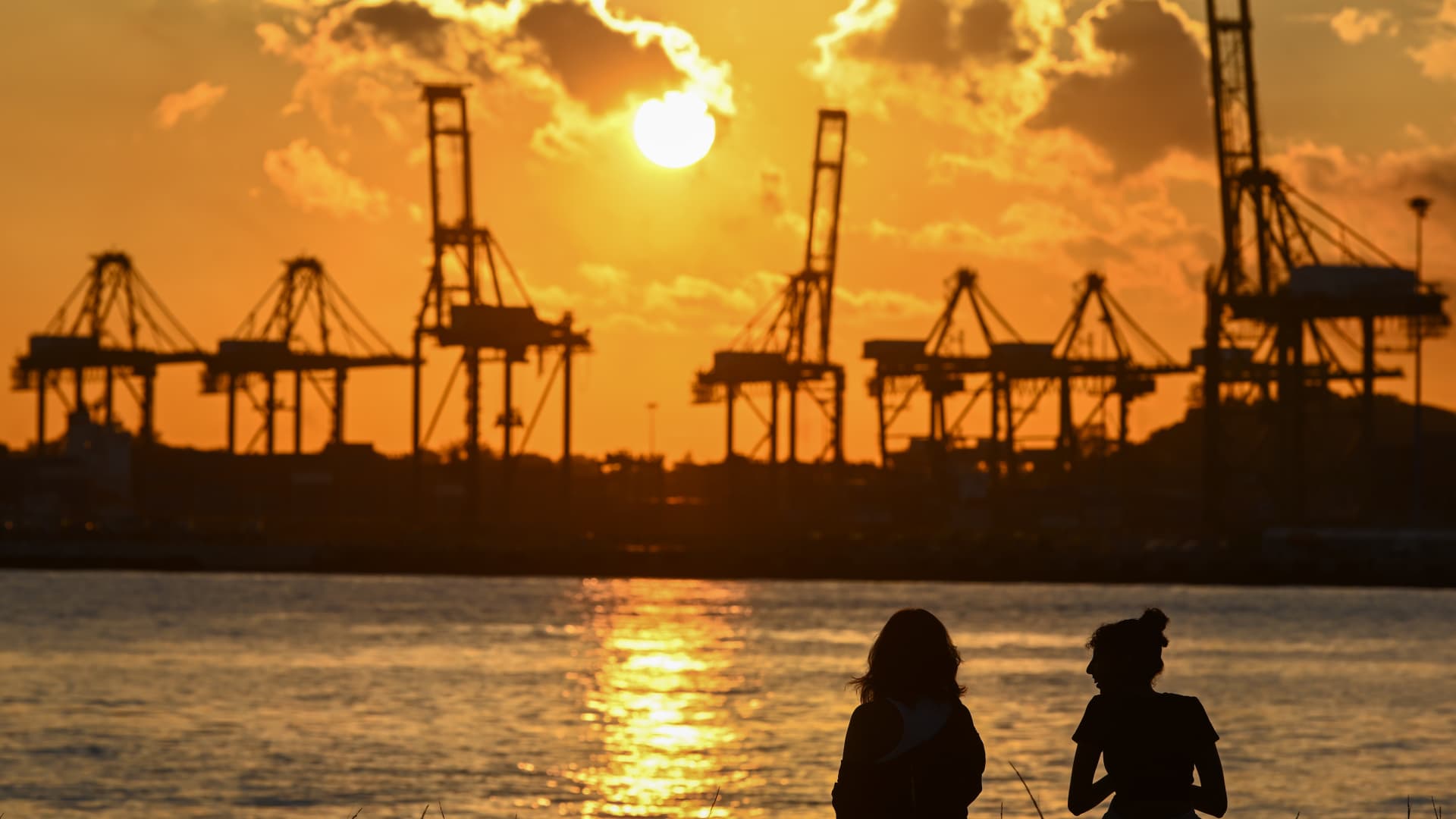
Singapore’s economic losses due to heat stress could nearly double to $1.64 billion in 2035 from pre-pandemic 2018 due to a decline in labor productivity, a recent study by the National University of Singapore showed.
Back in 2018, heat strain caused an 11.3% fall in average productivity across Singapore’s four big economic sectors — services, construction, manufacturing and agriculture. And it’s on course to worsen.
Fall in productivity is expected to rise to 14% in 2035, leading to an economic loss of S$2.22 billion ($1.64 billion), after adjusting for inflation, the NUS Project HeatSafe report said.
The loss will be significantly higher for workers exposed to adverse environmental conditions — those working working under the sun, or being exposed to other sources of heat such as machineries.
“It is estimated that for every hot day, the reduced workers’ productivity during working hours (i.e., presenteeism) translates into a median income loss of S$21 per worker.”
Project HeatSafe is the first large-scale study in Singapore as well as the region aimed at assessing the impact of rising heat levels on productivity and health on an individual and macroeconomic level.
Natalia Borzino from the Singapore-ETH Centre, a collaborator for Project HeatSafe, said they took 2018 as the baseline for the study as it was pre-pandemic and also the last “normal year” that the team had data for.
The island-nation is warming twice as fast as the rest of the globe, with its UV index recently hitting “extreme” levels for the second time within four days, the highest band in Singapore’s gauge for solar UV radiation. The latest update reflects a “moderate” level as of Wednesday.
The Southeast Asian country is not alone in facing this intense heat.
Earlier in February, scientists warned that the world has surpassed a key warming threshold across an entire year for the first time on record. Last July, United Nations’ Secretary-General Antonio Guterres cautioned that the world has moved away from global warming to “an era of global boiling.”
Aside from impacting cognitive capacity and physical exertion, the NUS research also found that extreme heat exposure poses a risk to Singapore’s fertility rate, which are already at historic lows.
By CNBC

